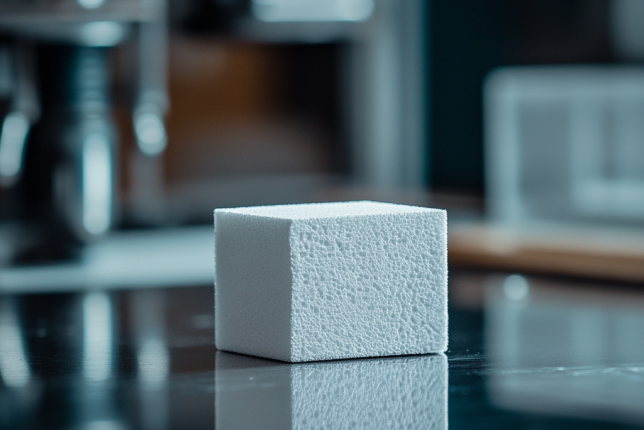Smart twisting active rotor blades with a functionally graded foam core
Project description
The aim of the project is the development and experimental validation of new composite rotor blade concept with a functionally graded foam core and piezoelectric MFC actuators embedded into the skin for an effective active twist control of rotor blades used in different constructions.
The main rotor is the most dominant source of vibrations and noise in different constructions: helicopters, drones, wind turbines, etc. In this case the unsteady aerodynamic environment acts on highly flexible rotating blades. High vibrations lead to discomfort of the passengers, increase pilot workload and limit forward flight speeds in helicopters. Nowadays, lightweight structures with integrated piezoelectric materials, such as Macro Fibre Composites, have obtained considerable spreading in transport, aerospace, and military engineering for the purpose of geometry control, and vibration and noise reduction. The development and application of graded foams as a core material inside the rotor blades will give the possibility to increase their stiffness properties, and to change location of rotor blade elastic axis and centre of gravity that contributes to more effective control of rotor blades requiring less electrical energy for an active twist. The project is focused on the development and experimental validation of new composite rotor blade concept with a functionally graded foam core and piezoelectric MFC actuators embedded into the skin for an effective active twist control of rotor blades used in different constructions. This innovative concept will contribute to a considerable vibrations and noise reduction, as well as for overall performance and safety improvement of rotor blade structures without an application of complicated mechanical devices in the rotating system.
Keywords: Smart rotor blade, active twist, piezoelectric actuator, functionally graded foam, vibrations, simulation, experimental testing
Main scientific field: Mechanical engineering ; Additional scientific field: Civil engineering
Smart specialisation field: Smart materials, technologies and engineering systems
Type of research: Applied research
Total funding of the project: 300 000 EUR
Project partners
- Coordinator - Rīgas Tehniskā universitāte (RTU) Kipsalas str. 6A, Riga, LV-1048, Latvia ;
Project leader Dr. Andrejs Kovaļovs - Cooperation partner - Latvian State Institute of Wood Chemistry" (LSIWC) , Dzerbenes str. 27, Riga LV-1006, Latvia;
Leader of LSIWC part Dr. Uģis Cābulis
Call, activity: Latvian Council of Science Fundamental and Applied Research Project 2022/1 (LCS FARP 2023/1)
Implementation of the project
01.01.2024. - The implementation of the project has been started

